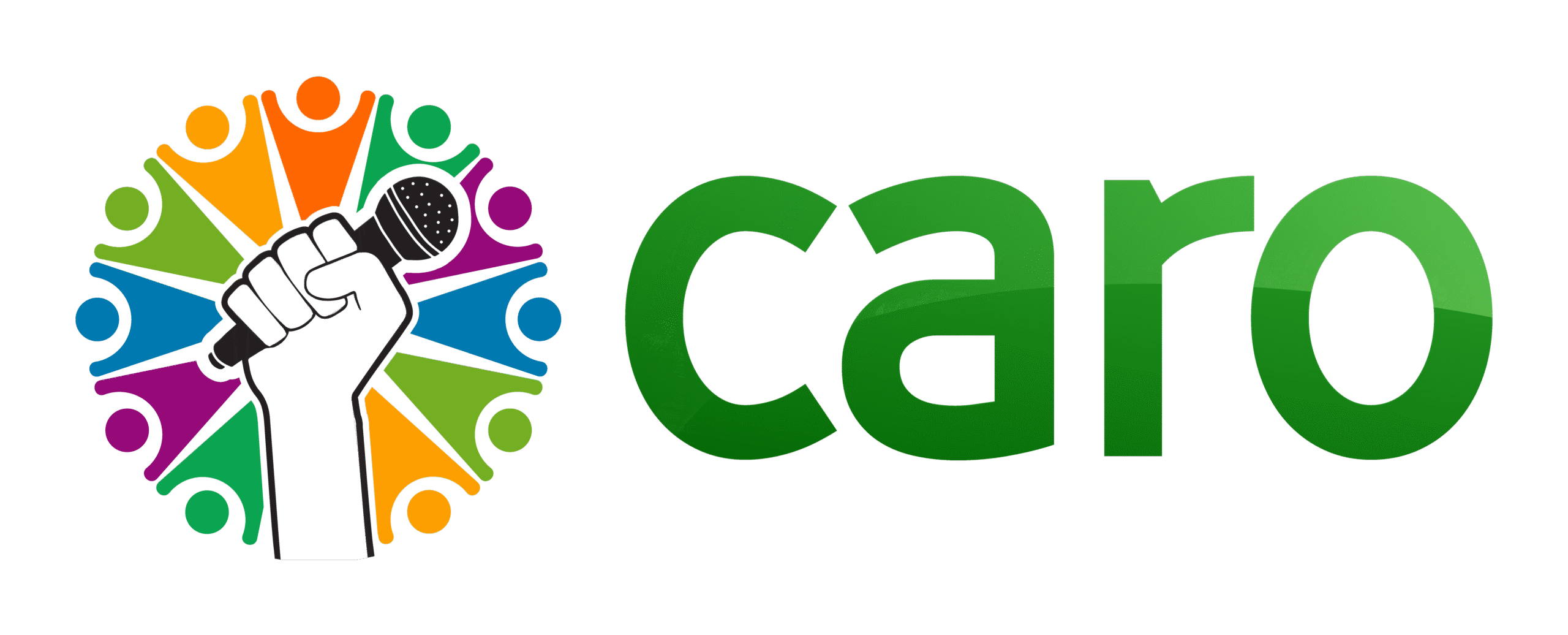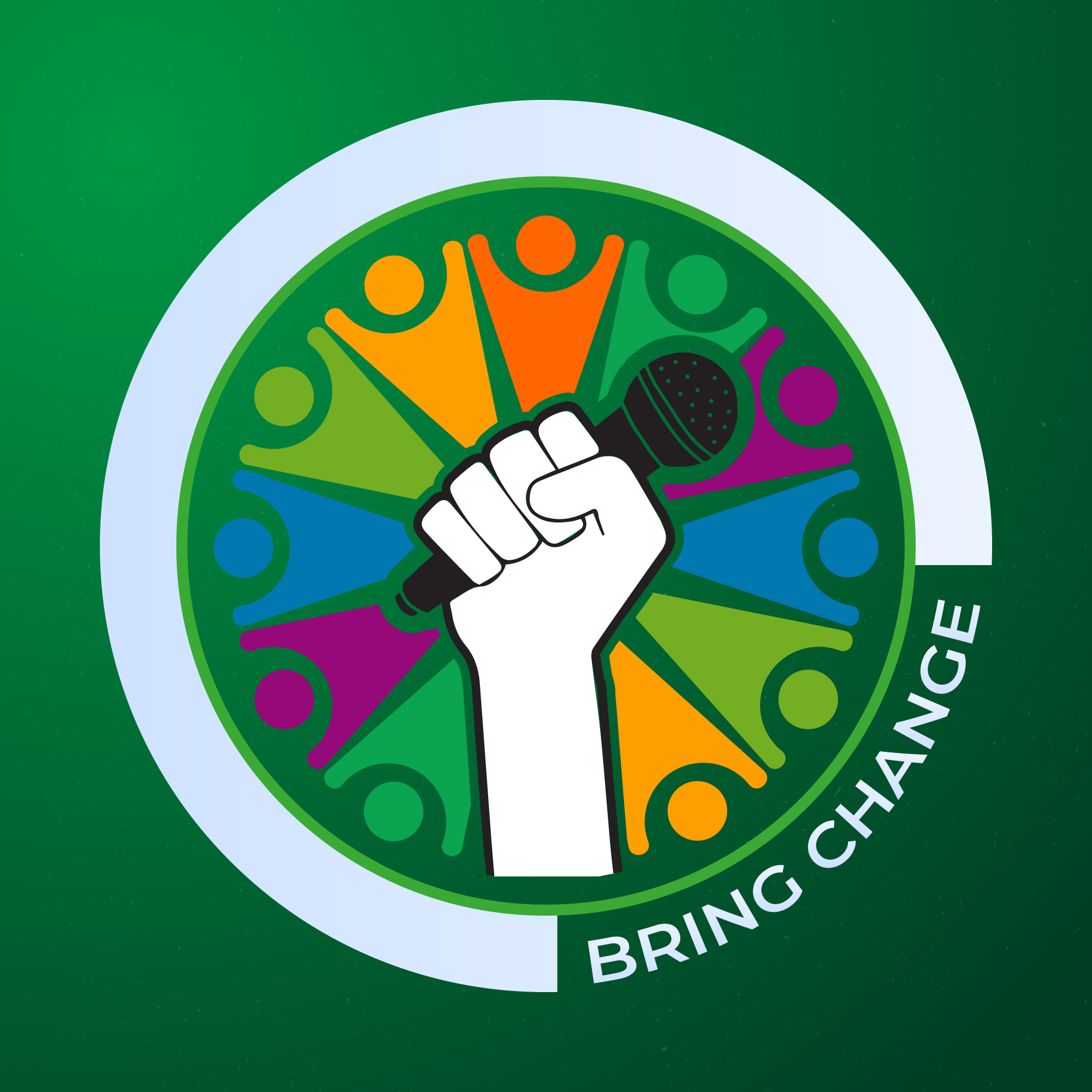When religion met reality
As a boy, I was known as the “good Muslim kid.” I prayed five times a day. Not just in passing — I was muazzin for the small prayer room in the Union Parishad building. My grandfather had convinced the chairman to start a mosque room there, and I was its caretaker. I would clean it, open it before every prayer, and call the azan — day after day. My heart was in it. I loved Allah. I believed.
But as I grew up, I started to notice things.
Outside that prayer room, inside the wider community — something didn’t match. People who prayed beside me would turn around and lie, cheat, hurt others. Scholars who preached piety would protect harmful traditions. Entire gatherings of “Islamic” discussion would avoid justice, empathy, or reason. And if I ever questioned any of it, I wasn’t just ignored — I was shamed for even asking.
I couldn’t accept it. Islam, as I had known it — pure, beautiful, selfless — was now wrapped in cultural politics, arrogance, and contradiction. It felt like everyone had their own version of Allah, and each claimed theirs was the only right one. But what about truth?
I didn’t walk away from faith. I went deeper. I created a filter for myself: Whatever I see commonly accepted across all Muslim traditions — the five prayers, fasting, Eid, Hajj, basic charity — I would hold to that. But beyond that, I wouldn’t let anyone hijack my belief.
I stopped outsourcing my faith. I let Allah be my teacher. Quietly, slowly, I began studying religion for myself — Islam first, then others. Not for argument. For clarity. And I realized something: Most of the problems in religion come not from the message — but from the systems we built around it to serve power, not truth.
Even here, injustice wasn’t random. It was structured. And it needed to be restructured.




